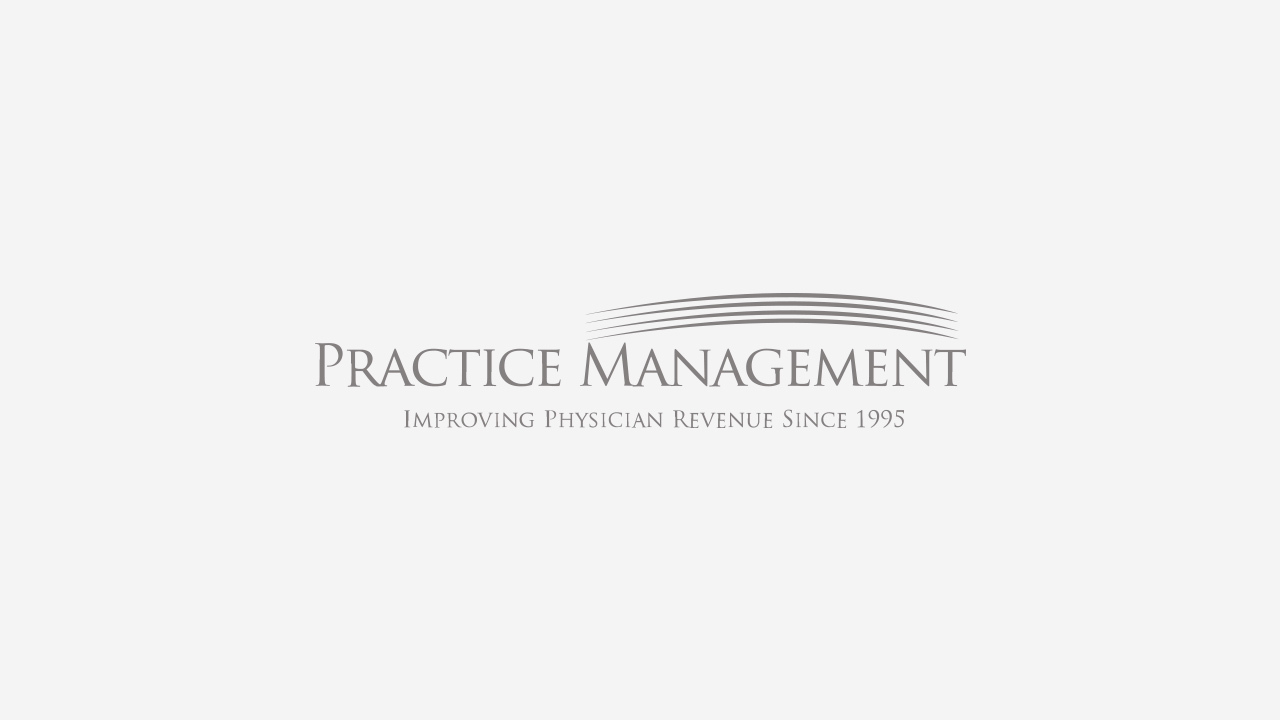
When you’re in the medical field, you see a vast variety of clientele walking through your practice doors. They can range from children to middle-aged adults all the way up to the elderly; and in most cases, it’s a great thing to have a wide range of individuals attracted to your health center. However, in a world run by technology, our medical practices and non-profits have no choice but to adapt to these changes if they want to keep their clients and reduce staff burn out. Most people are able to adapt along with us, but what about those who can’t? Our elderly patients might not have the time or the technological understanding to move along with the flow of things. So part of your job and your practice’s job is to help these patients keep up with their appointments and healthcare — because they’re some of the ones that need it the most. Here are some suggestions on how you can do that:
Given the elderly patient has access to the technology, show them how to navigate your Patient Portal. You might not have to show them every single detail; just enough to know where to find doctor information, appointments, and medications. More detailed material, such as test results, can be discussed in person.
Take time with your patient and have a conversation with them. The longer you spend with a patient, the more questions will be answered. Ideally, you would have in-depth, open conversations with all of your patients, but even if time is pressed, ensure extensive focus on providing key explanations to the elderly clientele.
Make follow up calls. Especially if you know the patient doesn’t have any family hanging around, make sure part of your staff follows up with them, checks on their reactions to medications, and just asks about their overall wellbeing.
Similar to the previous one: make appointment reminder phone calls in person, and not with an automated call. Technology is fantastic – and should definitely be utilized regardless of age – however, that doesn’t mean the “real life” touch should be thrown to the wayside… especially when dealing with elderly patients. Oftentimes, over the phone, patients will ask about their upcoming appointment or bring up new issues to discuss, and this could help steer the conversation the right way in the future.
The key is, when dealing with the elderly, to be exceptionally personable; take an extra minute or two with them, and see that they’re doing okay!